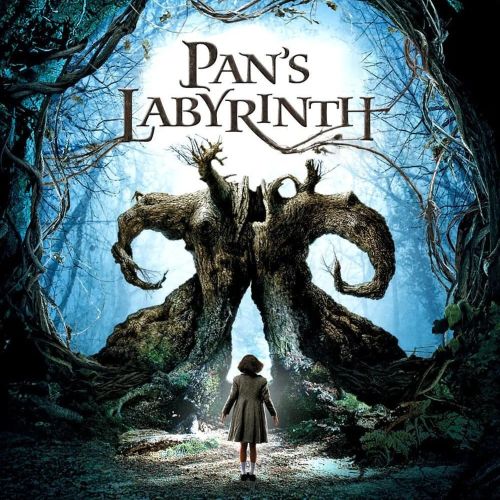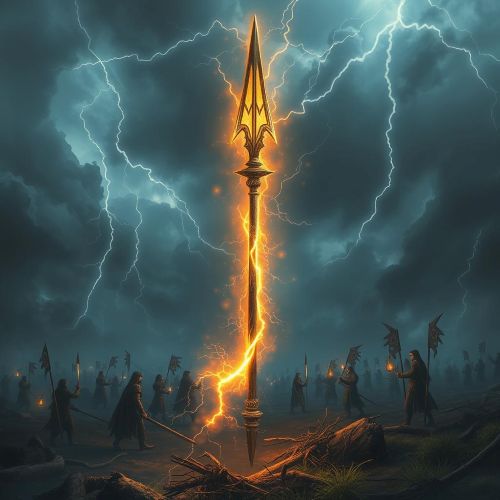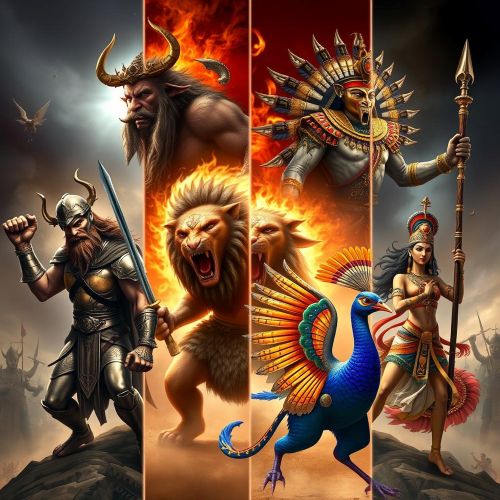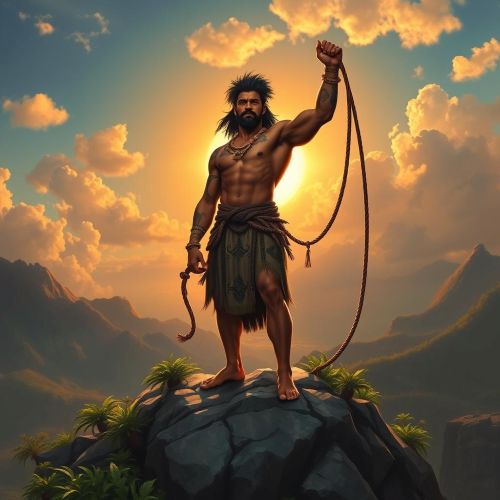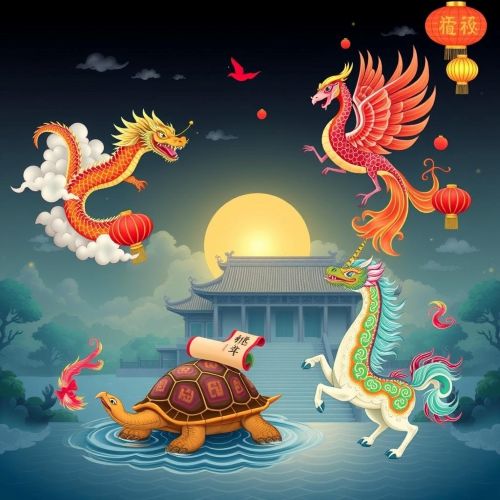Unlocking the Mystique: Traditional Healers of Southern Africa
In the heart of Southern Africa lies a cultural heritage, where the ancient and the modern coalesce in a dance of traditions that have withstood the test of time. One of the most intriguing aspects of this cultural mosaic is the role played by traditional healers, revered custodians of indigenous wisdom and guardians of spiritual well-being. In this exploration, we delve into the fascinating world of traditional healers in Southern Africa, uncovering their practices, significance, and the delicate balance they maintain between tradition and the contemporary world.
The Rich Tapestry of Southern African Culture:
Southern Africa is a region steeped in diverse cultures, each with its own unique traditions and belief systems. From the Zulu and Xhosa in South Africa to the Shona in Zimbabwe and the Chewa in Malawi, the cultural landscape is a kaleidoscope of rituals, ceremonies, and healing practices. Traditional healers, often referred to as sangomas, nyangas, or inyangas, play a pivotal role in maintaining the equilibrium between the physical and spiritual realms.
The Role of Traditional Healers:
Traditional healers are not merely practitioners of herbal medicine; they are revered spiritual guides and community leaders. Their role extends beyond physical ailments to address spiritual and emotional imbalances. Central to their practice is the belief in a holistic approach to healing, recognizing the interconnectedness of the mind, body, and spirit.
Healing Through Rituals and Divination:
Rituals form the cornerstone of traditional healing practices in Southern Africa. These rituals are designed to appease ancestral spirits, seek guidance from the divine, and align the energies that influence well-being. Divination, a key element in the healer’s toolkit, involves methods such as throwing bones, reading patterns in natural elements, or interpreting dreams. Through these practices, traditional healers gain insights into the root causes of ailments and provide guidance on how to restore harmony.
Herbal Medicine as a Healing Art:
Herbal medicine is a fundamental aspect of traditional healing, with healers utilizing an extensive knowledge of indigenous plants and their medicinal properties. Passed down through generations, this knowledge forms a vital part of the healer’s skill set. From treating physical ailments to cleansing negative energies, herbal remedies are carefully prescribed to address the specific needs of individuals.
Community Leaders and Spiritual Advisors:
Beyond their healing role, traditional healers often serve as community leaders and spiritual advisors. Their wisdom is sought not only in times of illness but also in matters of community harmony, conflict resolution, and spiritual growth. This multifaceted role positions them as pillars of strength within their communities, fostering a sense of continuity and identity.
Challenges and Resilience:
Despite their integral role, traditional healers face challenges in the modern era. Skepticism from Western medicine, changing societal dynamics, and the encroachment of globalization pose threats to the preservation of these ancient practices. However, the resilience of traditional healers lies in their ability to adapt without compromising the essence of their traditions. Many healers are embracing education and collaboration with modern healthcare systems to bridge the gap between tradition and contemporary needs.
Preserving Tradition in a Changing World:
Preserving the knowledge of traditional healing is crucial not only for the communities that rely on these practices but also for the global understanding of diverse cultural legacies. Efforts are underway to document and safeguard this wealth of knowledge, ensuring that future generations can benefit from the wisdom of Southern Africa’s traditional healers.
The traditional healers of Southern Africa stand as cultural custodians, preserving ancient wisdom in a rapidly evolving world. Their role goes beyond the physical realm, encompassing the spiritual and emotional well-being of their communities. As we celebrate the rich tapestry of Southern African culture, it is imperative to recognize and respect the invaluable contributions of traditional healers. In doing so, we honor not only the past but also the resilience and adaptability that will carry these traditions into the future.


